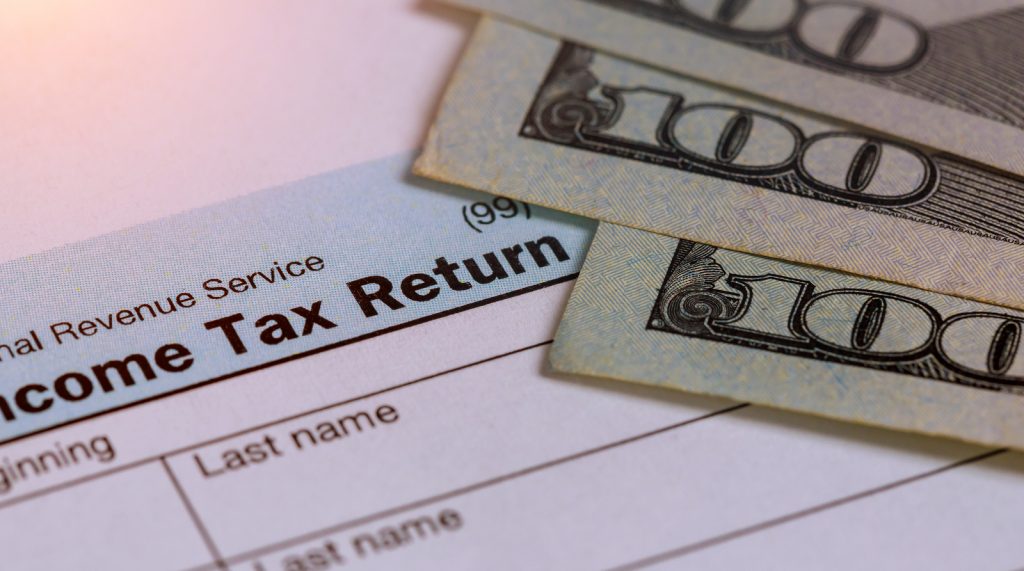When it comes to getting out of jail in Indianapolis, bail bond service is the best option for budget-minded folks. The alternative to bail bond service would be cash bonds, which required an individual to pay the full bail amount in cash directly to the jail. Now, there are pros and cons to using either option, but bail bond services are more popular simply because they are more reasonable. Most people cannot afford to give up large sums of cash at once, and bail bond services provide an alternative to doing that.
When it comes to paying for a bail bond, companies will accept different forms of payment depending on their personal preference and the state laws. One such bail bond payment option is collateral. A person, whether a co-signer for the bond or the actual defendant, can secure their bail bond agreement with an asset of equivalent value. This is known as collateral.
Continue reading to learn what you need to know about collateral bail bonds, including what makes good collateral and what does not, plus who to trust in Central Indiana for a fast and secure release from jail.

Collateral for Bail Bonds
Using collateral for a bail bond means that you are fronting something of considerable financial value, like a home or car, that is equivalent to the bail bond amount. The bail bond agency will hold the asset as collateral to secure their own financial protection. The agency has a legal duty to ensure the full care and protection of collateral while in their possession.
When the defendant appears for their court date, as required in the bail bond contract, the collateral is returned. If the defendant fails to appear, they are deemed a fugitive of the law and the collateral they used for a bail bond is forever forfeited.
Basically, the collateral must be of equal value or more to the bail amount, and it is used to ensure that the defendant cooperates with all bail bond contractual obligations and court requirements. If the defendant flees, the bail bond agency is responsible for paying back the remaining bail amount. To do this, they liquidate the collateral the defendant legally fronted in the bail bond agreement.
Good Collateral Versus Bad Collateral
Bail bond companies differ in terms of which types of collateral they accept. Not only are they regulated by the state on such matters, but they also get to use a degree of their own personal discretion to decide what to accept or not accept as collateral. Additionally, there are good types of collateral and bad types of collateral to use for bail bonds.
For instance, it is not wise to use your house as collateral if you are still making mortgage payments on it. Similarly, you don’t want to use a car for collateral if you are leasing it or have not yet paid it off. That goes for anything you have purchased on credit or that a lender still owns the lien or title on.
Examples of good collateral for bail bonds would include things that are opposite of what was just described, like unfettered real estate that does not have any mortgages of liens, or high value assets like cars, boats, and motorcycles that are paid off in full. You can also use bank accounts, fine jewelry, computers, guns, and televisions.
Are you looking for help with bail bonds? Contact Woods Bail Bonds at 317-876-9600 for trusted, secure, and professional bail bond services in Indianapolis, Indiana. We serve all of Central Indiana and its surrounding counties with 24 hour service.
Related Posts:
Your Options for Covering the Cost of a Bail Bond
Are Bail Bond Fees Required Upfront?
Which Payment Types are Accepted By Bail Bondsmen?




